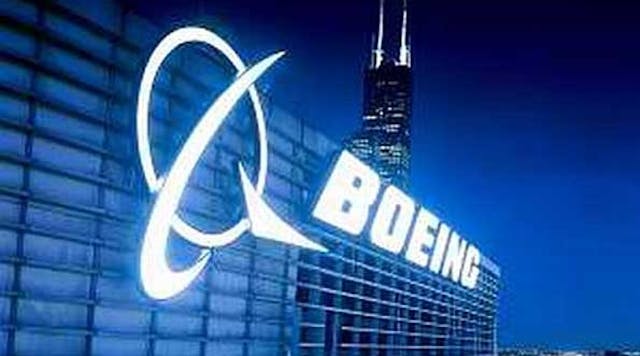Return Trip
Boeing share buyback
By Dominique Jacquet

By subscribing to the one billion shares issued by Boeing, its shareholders invested around 15 billion dollars as the company grew. Not knowing what to do with its profits, the company decided a few years ago to return the funds to investors on a massive scale, buying back around 400 million shares for 50 billion dollars. A fine example of maximising shareholder value. Unfortunately, the rest of the story is not so pretty: Boeing gave priority to improving net earnings per share in the short term over productive long-term investment, which has led the company into a financial, human and reputational abyss, and into a technical credibility deficit from which it will not quickly emerge.
Today, the company has announced that it is increasing its equity in order to repay its debt and invest in its industrial facilities. After initially mentioning an amount of $19 billion, the figure seems to be stabilising a little higher: 112.5 million shares at $143, or $16 billion, and the equivalent of $5 billion in Depositary Shares, for a total of $21 billion. But that’s without taking into account the over-allotment options for 16.875 million shares ($2.4 billion) and for an additional $750 million in Depositary Shares, which could bring the bill to $24 billion, or around half of what had been returned in the form of share buybacks.
This is a dramatic story, but it is also hopelessly ‘classic’. In May 2024, we showed (film) that the streaming battle was likely to be between Netflix and Disney (educational films in November and December!), leaving Paramount out in the cold, despite its exceptional film heritage. Once again, the focus was on returns to shareholders, and we showed that shareholders had lost a net USD 13 billion.
This error of under-investment has been widely explained, taught, documented… and ignored.
So how can such economic accidents be prevented? John K. Galbraith, who was asked why crises keep recurring when they all look the same, pointed to what he saw as two constants of human nature: ignorance and greed. Asking the stock market and financial authorities to take the place of human understanding and intervene to prevent mistakes is probably not very effective.
What remains is the market!
It rewards good performers and punishes bad ones, if we are to believe its unconditional worshippers. They even quote Adam Smith and the Invisible Hand who, in his ultimate wisdom, leads the market to equilibrium.
Apart from the fact that Adam Smith never maintained that the equilibrium reached was optimal, it is unfortunately a foregone conclusion that the Invisible Hand will not restore the lives of the 346 victims of the botched 737 MAX.
On the other hand, the two lucky Starliner astronauts who were due to spend a few days in the ISS and will remain there until February can console themselves by reading Smith’s Wealth of Nations or Boeing’s issue prospectus (139 pages).